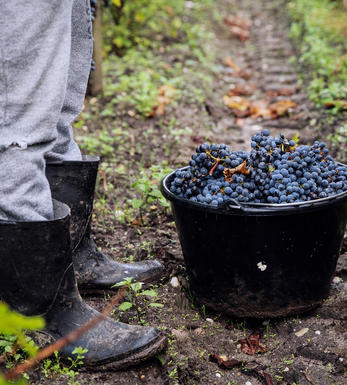
About this WINE

Champagne blend
Which grapes are included in the blend, and their proportion, is one of the key factors determining the style of most Champagnes. Three grapes are used - Pinot Noir, Chardonnay and Pinot Meunier.
26% of vineyards in Champagne are planted with Chardonnay and it performs best on the Côtes des Blancs and on the chalk slopes south of Epernay. It is relatively simple to grow, although it buds early and thus is susceptible to spring frosts. It produces lighter, fresher wines than those from Burgundy and gives finesse, fruit and elegance to the final blend. It is the sole grape in Blancs de Blancs, which are some of the richest long-lived Champagnes produced.
Pinot Noir accounts for nearly 40% of the plantings in Champagne and lies at the heart of most blends - it gives Champagne its body, structure, strength and grip. It is planted across Champagne and particularly so in the southern Aube district.
The final component is Pinot Meunier and this constitutes nearly 35% of the plantings. Its durability and resistance to spring frosts make the Marne Valley, a notorious frost pocket, its natural home. It ripens well in poor years and produces a soft, fruity style of wine that is ideal for blending with the more assertive flavours of Pinot Noir. Producers allege that Pinot Meunier lacks ageing potential, but this does not deter Krug from including around 15% of it in their final blends.



Buying options
Add to wishlist
Description
The Paradis Cuvée of Gratien although similar to their other champagnes in the use of oak barrel fermentation and no malolactic fermentation, here focuses on Chardonnay (65%) and Pinot Noir (no Meunier) gathered from mainly Grand and Premier Cru vineyards. This and the rich 2006 vintage have resulted in a broad style, with generous mouth-filling yellow fruit (canteloupe, hint of apricot) that develops a light touch of sousbois with time in the glass betraying the Pinot Noir. This richness is immediately appealing but will reward medium-term ageing also.
Edwin Dublin, Champagne Specialist
wine at a glance
Delivery and quality guarantee